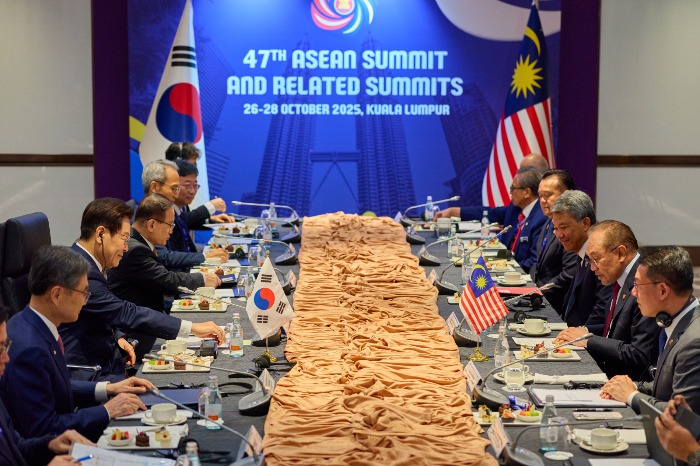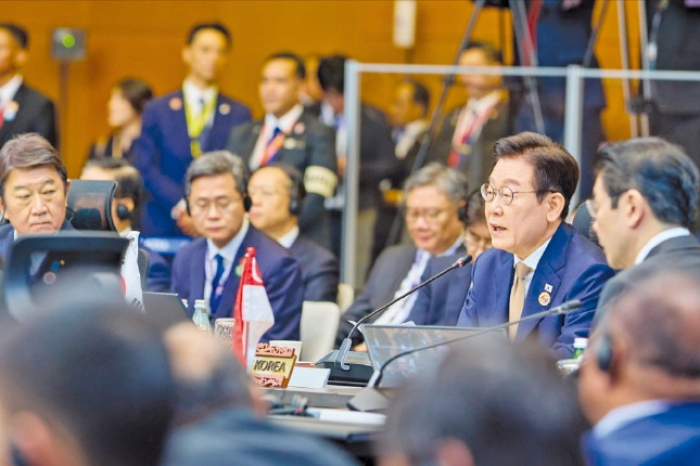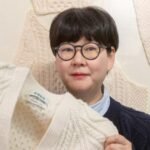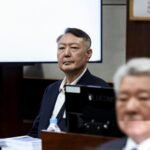
KUALA LUMPUR — South Korea and Malaysia have finalized e free trade agreement, which will expand exports of Korean automobiles and steel products to the Southeast Asian nation, Seoul’s third largest trading partner in the region.
The deal, signed during the Association of Southeast Asian Nations (ASEAN) summit in Kuala Lumpur on Sunday, was sealed after six years of negotiations that began in 2019.
The pact underscores Seoul’s broader strategy to deepen economic ties with Southeast Asia as it seeks to diversify trade away from reliance on the US and China.
At the summit, South Korean President Lee Jae Myung pledged to raise annual trade with ASEAN countries to $300 billion, up from last year’s $192.8 billion.
Korea and Malaysia have already traded nearly freely with South Korea under the 2007 ASEAN-Korea FTA and the 2019 Regional Comprehensive Economic Partnership, which removed tariffs on more than 90% of goods.
But major Korean export sectors, such as automobiles and steel, remained shielded under Malaysia’s industrial policy.
The new bilateral deal dismantles those barriers, giving Korea’s carmakers and steel producers significantly greater access to one of ASEAN’s most promising markets.

KOREAN AUTOS AND STEEL’S BROADER ACCESS
Under the new agreement, Malaysia will cut or eliminate tariffs on 682 products, while South Korea will do so on 288.
The deal will give Korean automakers greater access to Malaysia’s fast-growing car market, the second-largest in ASEAN, where domestic brands such as Proton and Perodua jointly hold a 70% share.
Tariffs on key electric vehicle components, including completely knocked down (CKD) kits, will be abolished, while duties on finished electric sport utility vehicles will drop to 15% from 30%.
For steelmakers, tariffs on nine key cold-rolled products will be removed, and rates on others such as hot-rolled steel will fall to 10% from 15%.
In return, Seoul will open its market further to Malaysian agricultural and marine products, including tropical fruits such as durians and pineapples, as well as shellfish.
Malaysia also agreed to scrap foreign ownership limits in its automotive manufacturing sector, a move expected to attract more Korean investment in electric vehicle and component assembly.
Officials view the deal as a stepping stone to expand bilateral FTAs with other ASEAN members after clinching separate deals with Singapore, Vietnam, Cambodia, Indonesia and the Philippines.
The pact still requires domestic ratification in both countries before taking effect, but trade officials in Seoul expect it to strengthen economic cooperation and reduce geopolitical risks amid the intensifying US-China trade dispute.















